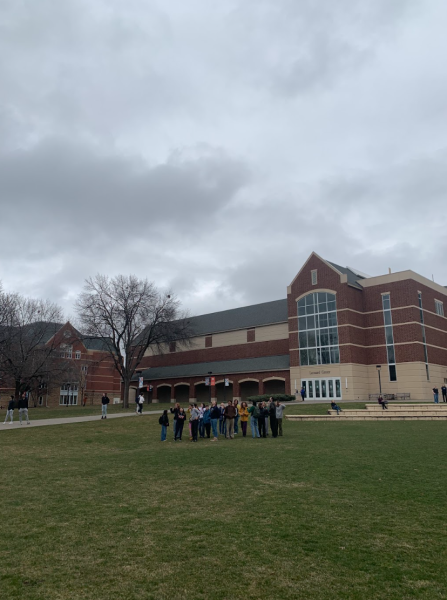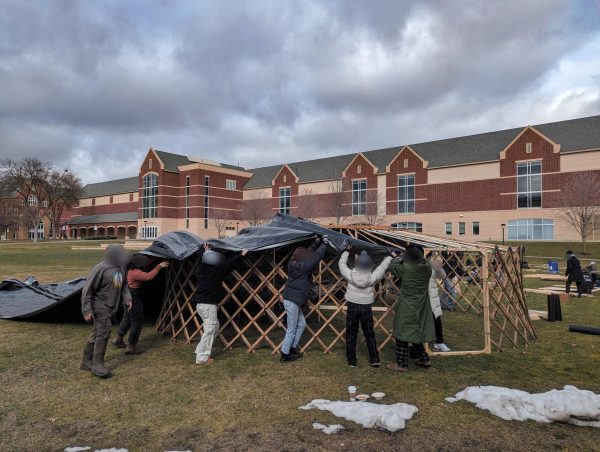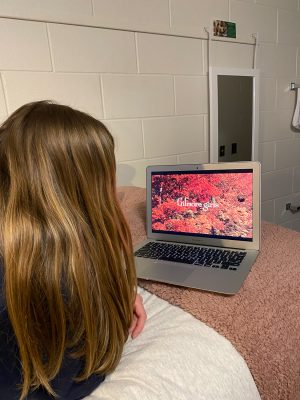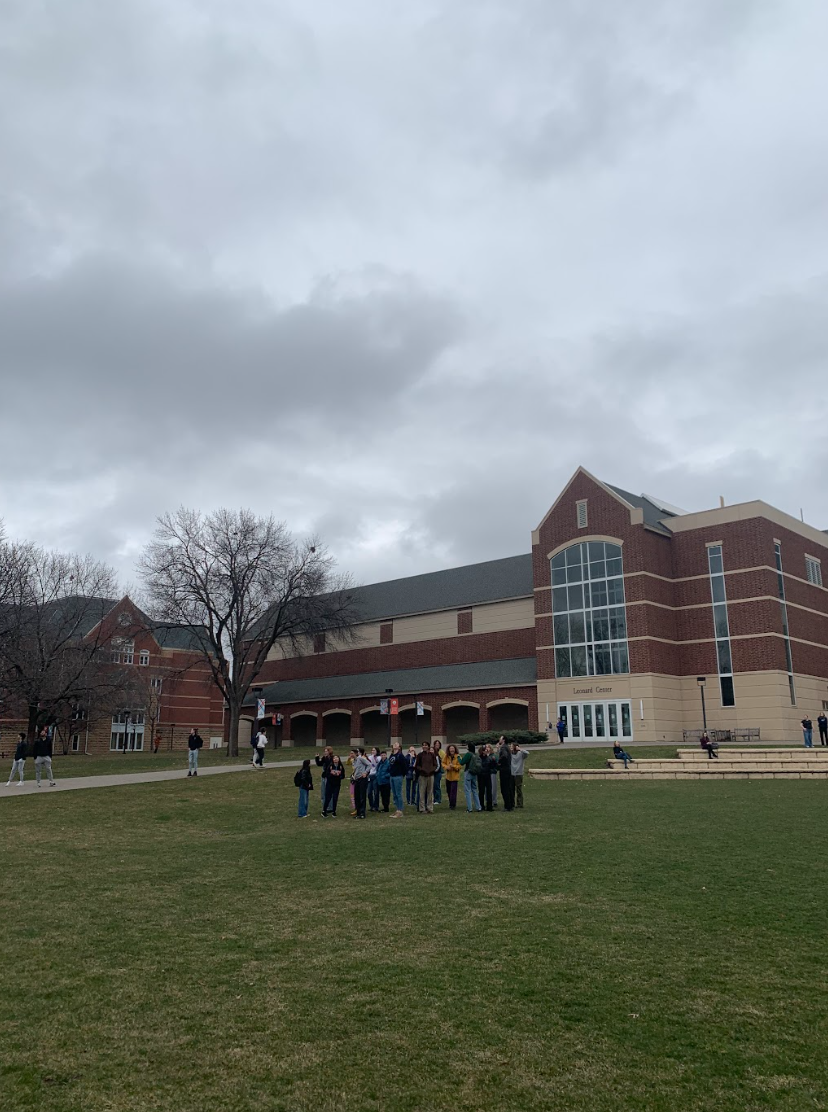Although it’s not even halfway through spring semester, most Mac students have begun to consider a necessary element of their college life for next fall: housing. Living on campus is required for all first and second year students, with the goal of creating a closer college community, but after sophomore year, most students are pushed out of the dormitory nest.
Macalester’s urban location draws many students to the college. But urban location also means more people, higher demand for living space and often increasing rents. According to a report cited in a 2016 City Pages article, in March of 2014, rent for a one bedroom apartment in St. Paul averaged $780, but by March 2016, it rose to nearly $1,200. Compare that to off-campus housing around Oberlin College in suburban Ohio, which boasts one-bedroom apartments in the ballpark of $600, and it’s easy to get intimidated by the process of not only finding housing in an urban location, but also affording it.
Some students choose to stay on campus as juniors and seniors, either as RAs or in specialty housing like the language houses, Interfaith House, Cultural House, Summit House, Eco House and the Veggie Co-op.
Jordyn Whitman ’17 described specialty housing as “a good in-between, where you feel like you have more freedom to cook and have your own space, while being close to campus.” Whitman added that these options often work for students with more financial constraints, as paying rent every month can hang over one’s head more than a single bill on a student account.
As Residence Hall Director Tessa Brow said, “There’s a lot of skills to learn when living off campus, with shopping, cooking and paying bills, but that also takes a lot of time and money to invest in.” She added, “And financially it always varies from student to student — you have to crunch the numbers and figure out how moving off campus works with your financial aid package, but ultimately it’s a personalized decision.”
There are request forms to fill out on Macalester’s website which are compiled into listings for apartments, duplexes, houses, sublets and roommates, but Whitman also said some of the best resources are people.
“You can talk to people from Res Life,” she said, “but also talk to upperclassmen who have done it before, because they might have houses to recommend to you.”
Beyond the cliché “adulting” changes that moving off-campus causes, it also creates a shift in the college’s community. According to Residential Life, the purpose of requiring students to live on campus for at least two years is to provide students with the opportunity to interact with students they would not normally, and ultimately, foster Macalester’s social values. Of course, this is idealized and there is not the same degree of community built within every residence hall, but there is convenience that comes with living within two minutes of your bed, classes and food.
Living off-campus, your chances of running into a friend in the dorm hallway or “changing out of your sweatpants to come back to campus for a lecture,” as Brow described, decrease, but some students are looking forward to moving outside the Mac bubble.
Maggie Mishka ’19 is planning to live farther away than most with a co-worker who is a student at Hamline, and said that it will let her “have more of a separate space and meet more people.” Mishka added that living further off-campus will “be more like the real world, because realistically, you’ll never live two minutes away from where you work or go to school.”
Ellie Hohulin ’19, on the other hand, is nostalgic for dorm life. “I already miss living in the first year dorms… I miss people just always coming in and out. There’s something special about having to share a bathroom with a bunch of people, even if you aren’t best friends with all of them,” Hohulin joked.
But some sophomores will be saying goodbye to dorm life in a big way, as they head to study away for the fall semester. Figuring out the logistics of study abroad and living off campus can get complicated and make the library or the couches on fourth floor Old Main seem, maybe, like viable housing options.
“Just sublet,” Whitman said. “Don’t try to figure out how to get a house or anything, just plan to sublet and your life will be so much easier.”
Subletting, also known as leasing out your apartment to someone else while you don’t need it, possibly because of study away, ensures that you won’t have to pay rent for an apartment you aren’t living in at the time. Hohulin said she will be living next year with one friend first semester before going abroad, and then a different friend will move in for second semester after returning — a perfect demonstration of the study away sublet.
Whitman’s final piece of advice for smoothing out the transition to off-campus housing was to stick around St. Paul for the summer. Because it’s a time when you won’t already be overwhelmed by classes, you’ll have time to figure out exactly how to “adult,” and feel more comfortable before jumping into the school year. “Plus,” Whitman said, “summers here are the best.”


















John Blake • Sep 11, 2019 at 10:09 am
Hello. Cool article. There is an issue with your web site in internet explorer, and you may want to check this… The browser is the market chief and a large component of people will leave out your excellent writing because of this problem.
Katherine Bailey • Sep 10, 2019 at 4:51 am
Thanks for giving your ideas with this blog. Additionally, a myth regarding the financial institutions intentions any time talking about home foreclosure is that the lender will not getreceive my repayments. There is a certain quantity of time the bank is going to take payments occasionally. If you are also deep in the hole, they will commonly call that you pay the particular payment in full. However, i am not saying that they will not take any sort of repayments at all. If you and the traditional bank can seem to work some thing out, this foreclosure process may cease. However, when you continue to skip payments wih the new approach, the foreclosure process can pick up exactly where it left off.
Sebastian Gibson • Sep 9, 2019 at 5:05 pm
I used to be suggested this blog by means of my cousin. I am not certain whether this publish is written through him as nobody else realize such distinct about my trouble. You’re wonderful! Thanks!